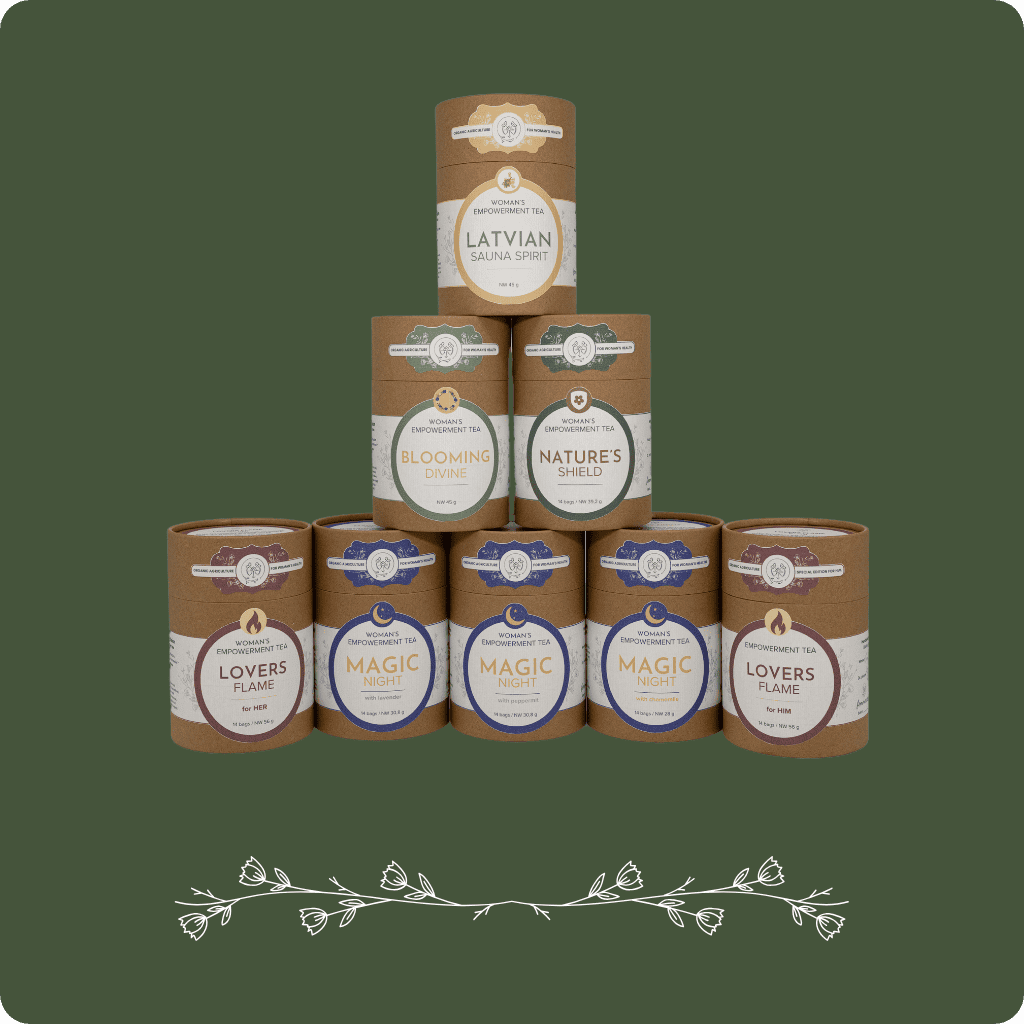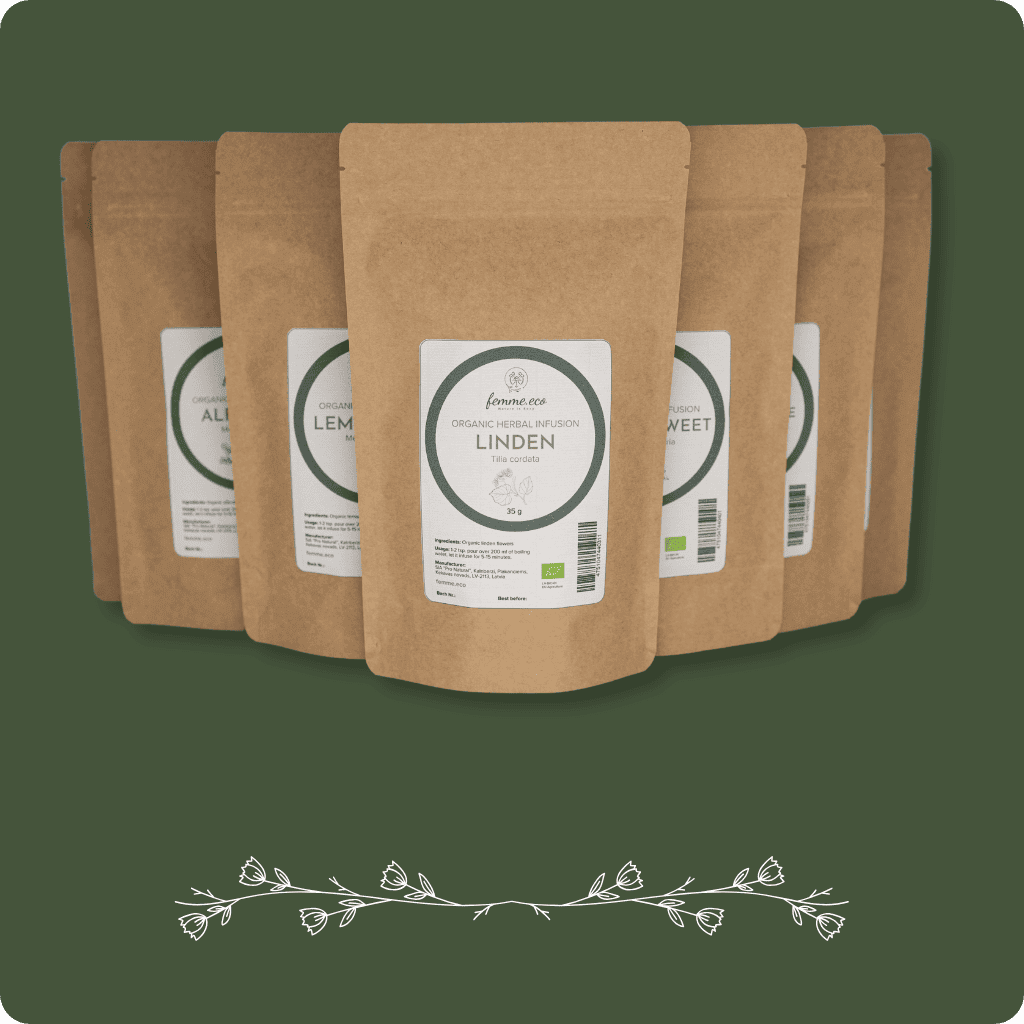Ethnopharmacology
A Bridge Between Tradition and Modern Medicine
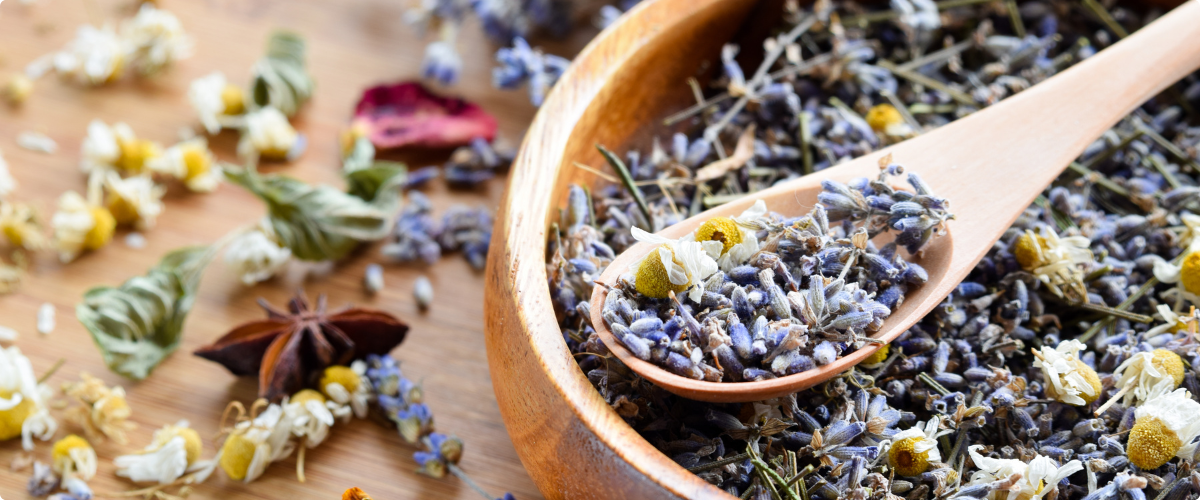
Ethnopharmacology, the study of traditional knowledge and practices related to the use of medicinal plants and substances in cultural contexts, is a multidisciplinary field that integrates ethnobotany, pharmacology, anthropology, and medicinal chemistry. By examining the relationships between people, natural substances, and health, ethnopharmacology seeks to uncover therapeutic principles grounded in traditional wisdom. This field has historical roots in ancient healing practices but remains highly relevant in the contemporary search for new drugs and holistic approaches to health.
Defining Ethnopharmacology
Ethnopharmacology is defined as the scientific study of the bioactive compounds in natural products used in traditional medicine. It investigates how indigenous communities use plants, animals, and minerals for healing purposes, aiming to validate or enhance these practices through modern scientific methods. By integrating diverse disciplines, ethnopharmacology bridges traditional knowledge systems and evidence-based medicine.
Historical Context
The history of ethnopharmacology is as old as human civilization itself. Traditional healers, herbalists, and shamans were among the first ethnopharmacologists, though unknowingly. Civilizations like those in ancient China, India, and Egypt documented the medicinal properties of plants like ginseng, turmeric, and myrrh, which remain significant in pharmacology today.
In the modern times, the formalization of ethnopharmacology began in the mid-20th century. The discipline gained prominence as researchers realized that indigenous knowledge could provide valuable leads for pharmaceutical development. Institutions such as the Society for Ethnopharmacology, established in the 1990s, have since facilitated the growth of this field, emphasizing the importance of preserving traditional knowledge and respecting the intellectual property rights of indigenous communities.
Ethnopharmacology in Modern Medicine
Today, ethnopharmacology plays a critical role in drug discovery and integrative medicine. For example, compounds like artemisinin, derived from the Chinese herb Artemisia annua, revolutionized malaria treatment. Similarly, the Madagascan periwinkle (Catharanthus roseus) provided the basis for anticancer drugs such as vincristine and vinblastine. These examples illustrate how traditional remedies can inspire the development of life-saving pharmaceuticals.
Ethnopharmacological research also contributes to integrative medicine, a holistic approach that combines conventional and alternative therapies. By scientifically validating traditional remedies, this field helps incorporate them into mainstream healthcare, enhancing patient outcomes and promoting cultural diversity in medicine.
Challenges and Ethical Considerations
While ethnopharmacology holds significant promise, it also faces challenges. The rapid decline of biodiversity and the loss of indigenous knowledge due to globalization threaten the availability of traditional resources. To ensure the sustainability and ethical practice of ethnopharmacology, collaborative efforts between researchers, indigenous communities, and policymakers are essential. Initiatives like community-based participatory research and equitable benefit-sharing agreements can foster trust and mutual respect, ensuring that traditional knowledge contributes to global health solutions while safeguarding the rights of knowledge holders.
Latvia's Ethnopharmacological and Ethnobotanical Heritage
In Latvia, ethnopharmacology and ethnobotany are deeply rooted in the country's cultural heritage, reflecting the relationship between its people and nature. Latvian folk medicine, known as tautas medicīna, has long relied on the use of local plants for healing and wellness. Traditional healers, often referred to as zāļu sievas (herb women), have passed down knowledge about medicinal plants like chamomile, St. John’s wort, and yarrow, which are used to treat a range of ailments. This traditional wisdom is deeply connected to Latvia's midsummer festival, Jāņi, where plant-based rituals symbolize health and protection. In modern times, this knowledge has influenced scientific research and the growing interest in herbal remedies, blending Latvia's ancient traditions with contemporary natural medicine practices.
Dr. pharm. Inga Sīle, Dr. philol. Ieva Ančevska, and ethnobotanist Ph.D. Baiba Prūse have significantly contributed to the documentation and research of Latvia’s ethnobotanical and ethnopharmacological heritage. Dr. Inga Sīle has focused on analyzing the medicinal properties of traditional Latvian plants and integrating this knowledge into modern pharmacology. Dr. Ieva Ančevska has explored the cultural and linguistic aspects of Latvian folk medicine, particularly healing rituals, highlighting their role in traditional practices. Ph.D. Baiba Prūse has conducted extensive research on Latvia's traditional plant use, contributing to a deeper understanding of the connection between cultural practices and biodiversity. Efforts to document and preserve this heritage continue, emphasizing its significance in cultural identity and sustainable healthcare.
Conclusion
Ethnopharmacology stands at the intersection of tradition and innovation. By exploring ancient wisdom through the lens of modern science, it enriches our understanding of health and medicine. In a time where holistic approaches are gaining popularity, ethnopharmacology highlights the value of cultural diversity and nature’s pharmacy. Its legacy, rooted in the past, continues to shape the future of medicine, offering hope for sustainable and inclusive healthcare solutions.Resources:
https://mckenna.academy/what-is-ethnopharmacology-2/
https://ethnopharmacology.org/
https://www.sciencedirect.com/topics/medicine-and-dentistry/ethnopharmacology
https://www.sciencedirect.com/topics/biochemistry-genetics-and-molecular-biology/ethnopharmacology
https://pmc.ncbi.nlm.nih.gov/articles/PMC9268545/From Traditional Ethnopharmacology to Modern Natural Drug Discovery: A Methodology Discussion and Specific Examples
https://pmc.ncbi.nlm.nih.gov/articles/PMC3151376/ Ethnopharmacology and integrative medicine – Let the history tell the future
Sile I, Romane E, Reinsone S, Maurina B, Tirzite D, Dambrova M. Medicinal plants and their uses recorded in the Archives of Latvian Folklore from the 19th century. J Ethnopharmacol. 2020 Mar 1;249:112378. doi: 10.1016/j.jep.2019.112378. Epub 2019 Nov 9. PMID: 31707047.
Prakofjewa, J.; Anegg, M.; Kalle, R.; Simanova, A.; Prūse, B.; Pieroni, A.; Sõukand, R. Diverse in Local, Overlapping in Official Medical Botany: Critical Analysis of Medicinal Plant Records from the Historic Regions of Livonia and Courland in Northeast Europe, 1829–1895. Plants 2022, 11, 1065. https://doi.org/10.3390/plants11081065
Ancevska I. (2018). Latviešu dziedināšanas tradīcija: teorētiskie un praktiskie aspekti (Latvian Healing Tradition in the Context of Contemporary Research). University of Latvia Repository. Retrieved from https://dspace.lu.lv/dspace/handle/7/38351
